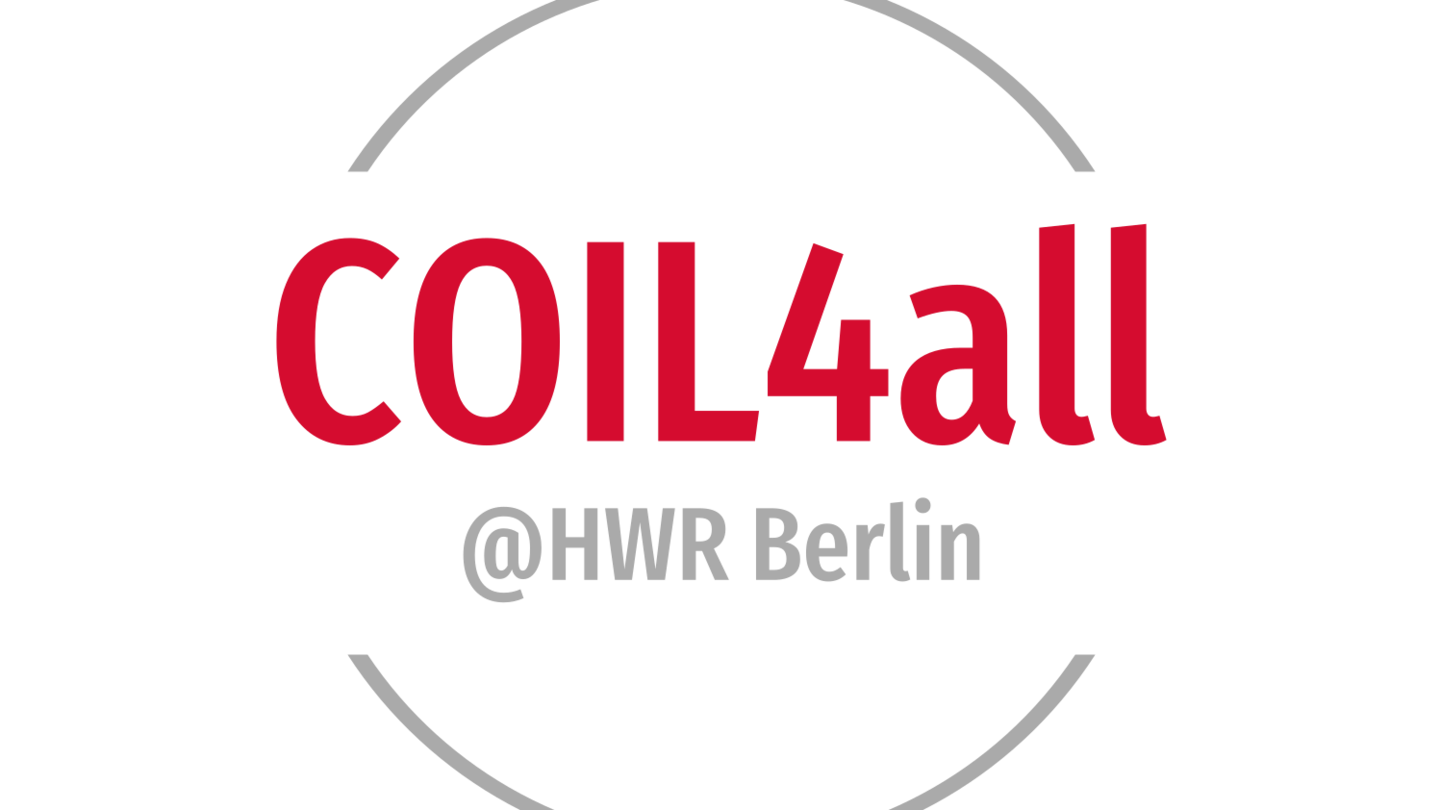Future is now - students explore Europe's Industry 4.0 & 5.
The aim of the study trip to France was to take a close look at the concepts of Industry 4.0 and 5.0 while also gaining intercultural experience.

A key aspect of the trip was the close collaboration between students from the two degree programs Business Informatics and Mechanical Engineering. It quickly became clear that the two disciplines complement each other perfectly: While the business information system specialists contributed their expertise in data analysis, programming and project management, the mechanical engineers contributed their technical understanding of systems and hardware. .
Interdisciplinary collaboration
A key aspect of the trip was the close collaboration between students from the two degree programs Business Informatics and Mechanical Engineering. It quickly became clear that the two disciplines complement each other perfectly: While the business information system specialists contributed their expertise in data analysis, programming and project management, the mechanical engineers contributed their technical understanding of systems and hardware. This cooperation led to innovative projects and showed how interdisciplinary teams can solve complex challenges efficiently.
One student commented: “The differences [between mechanical engineers and business informatics specialists] have shown us how important interdisciplinary collaboration is in order to make the value chains of the future not only functional, but also as efficient and robust as possible.”
Practical application: Raspberry Pi projects
One highlight of the trip was the practical work with Raspberry Pis, where students worked in small groups to develop applications for environmental measurements on the Eiffel Tower. This involved turning technical ideas into working prototypes - a challenging but instructive experience.
One participant reported: “Although [it was] not always easy, it was still a lot of fun. The interaction between hardware and software was particularly challenging. But together as a team and with creative ideas, we solved all the problems.”
Cultural experiences in Paris
In addition to the technical projects, the trip also offered numerous cultural highlights. The students visited renowned museums such as the Louvre and the Pompidou Center. The Musée de l'Air et de l'Espace was particularly exciting, as it illustrated the interfaces between mechanical systems and IT-supported processes.
Challenges and solutions
The students had to overcome various challenges during the trip. Language and cultural barriers were overcome through teamwork and mutual support. Technical difficulties, particularly with the configuration of the Raspberry Pis for the environmental measurements, were solved through intensive research and the exchange of specialist knowledge.
Personal development
The trip offered the students not only professional but also personal development opportunities. The intensive collaboration in interdisciplinary and international teams enabled them to develop their communication skills, flexibility and teamwork:
“A great opportunity [was] to develop ourselves personally. We had the opportunity to work with people from other degree programs, courses and semesters, which gave us new perspectives.” (HWR student)
“The intensive group work and the diverse discussions with other students and supervisors created a lively network that supported both professional and personal development.” (HWR student)
Motivation for future participants
The study trip was seen by the participants as a valuable addition to their studies, which made theoretical knowledge applicable in practice. The combination of technical challenges and cultural exchange was both professionally and personally enriching.
“Students who want to develop their teamwork and technical skills while discovering new cultures should definitely take part in similar projects.” (HWR student)
Conclusion
The study trip to France was a valuable experience for everyone involved. It impressively demonstrated how important interdisciplinary collaboration is for the future of industry and how technical and cultural skills can be combined. The participants were not only able to expand their knowledge, but also develop their soft skills and make new contacts. The trip left a lasting impression and was described by all participants as a highlight of their studies.